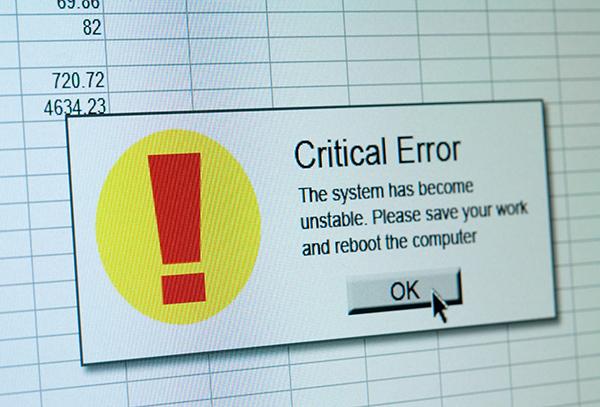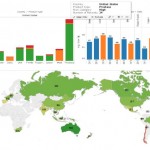From June 24, 2024 through July 15, 2024, TraceGains conducted an online survey of 483 food
and beverage industry suppliers to better understand supplier readiness and drivers for change and found
most suppliers stuck in the past, unprepared for change with legacy processes despite a
willingness and understanding on the benefits for modernizing.
To quantify the problem, a new report “Old Habits, New Challenges: The Critical Need for
Modernization in Food and Beverage Supply Chains” found nearly half (48%) of all suppliers
commonly rely on legacy approaches to manage communications with F&B buyers.
These legacy approaches hinder efficiency, with more than two-thirds (71%) of respondents
admitting these methods often cause issues such as data entry errors (39%) and
miscommunication (32%), negatively impacting their ability to operate effectively.
As the regulatory landscape becomes more complex, manual processes will be pushed to the
edge. In fact, compliance with regulatory change made the top-3 list of reasons
suppliers want to modernize their software. Requirements such as the U.S. Food Safety
Modernization Act (FSMA) Rule for Traceability (204), set to take effect in January 2026, will
impose stricter traceability requirements for certain food materials. And, in Europe existing
mandates such as the Corporate Sustainability Due Diligence Directive (CSDDD) already
require time-based sustainability reporting, adding further compliance challenges.
Sustainability continues to be a priority for almost all suppliers, with nine in ten (89%) saying it’s
at least somewhat important for new technologies to align with their company’s corporate
sustainability objectives.
Cost, however, remains the largest factor influencing software purchasing decisions, with 77%
of suppliers citing it as their top consideration, followed by ease of implementation (65%) and
customer support (56%).







